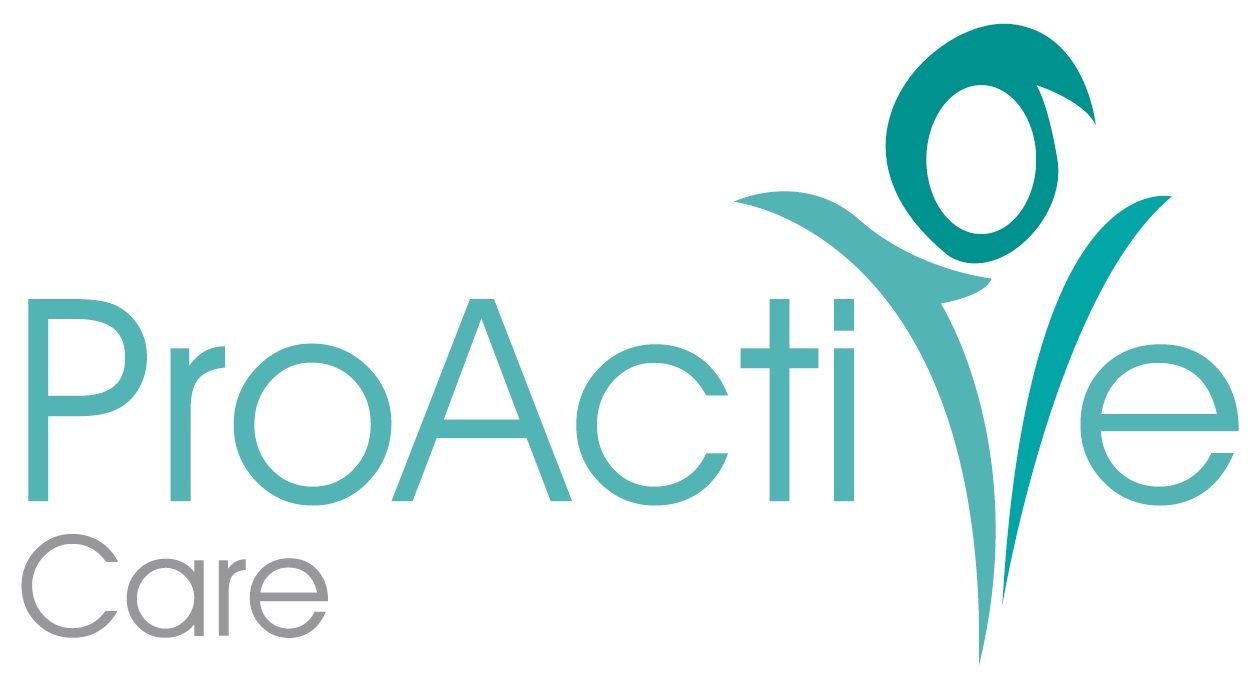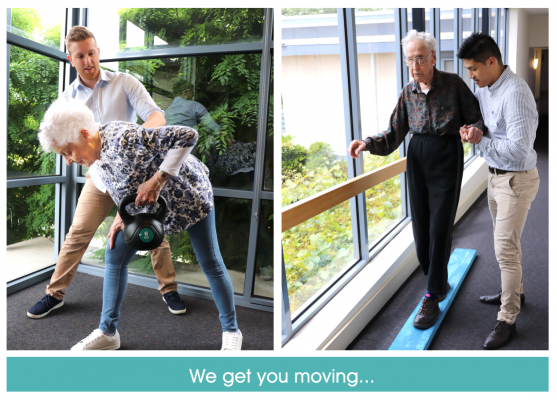WHAT ARE MOBILITY SCOOTERS?
Mobility scooters, sometimes referred to as motor scooters or electric scooters, are an electronically powered mobility device that consists of a seat on a small three or four-wheeled vehicle with handles for steering. Mobility scooters are not intended to be used as a primary gait aid i.e. individuals should not rely on them for mobilisation of short everyday distances. Rather, mobility scooters are designed to provide an alternative mode of local transport, improve functional mobility and increase independence for individuals in the community. Particularly, it is beneficial for those individuals who can no longer walk further distances but still would like to access the community. Its use can improve an individual’s ability to participate in meaningful occupations and maintain important life routines. This has numerous positive psychosocial health benefits such as improved quality of life, enhanced social inclusion, greater self-worth, and better sense of autonomy and empowerment.

WHAT ARE SOME ISSUES WITH USING MOBILTIY SCOOTERS?
DEVELOPMENT OF SECONDARY CONDITIONS
Mobility scooters are not designed to have modified seating or to accommodate pressure care products. It also does not provide adequate lumbar, trunk and neck support for prolonged sitting. If there is an identified pressure area risk or an individual requires additional physical support, a scooter may not be appropriate. Inappropriate and prolonged use of mobility scooters can lead to other musculoskeletal disorders, development of pressure injuries, and further decline of an individual’s physical function. If an individual is required to remain in a motorised mobility device for a prolonged period, mobility scooters may not be appropriate, and a powered wheelchair should be considered as an alternative. It is also important to ensure that the individual has an opportunity for exercise and physical activity to prevent the development of any secondary health complications. Encouragement of walking a certain distance if the individual is physically able to do so is advised rather than using a mobility scooter.
RULES AND REGULATIONS
In Australia, there are very few laws and regulations governing the use of mobility scooters. A license to operate such vehicle is not required, nor is a medical referral required for purchase. Hence, the rules and regulations behind mobility scooter use are often vague with many users lacking insight into safe operation. Under the VicRoads Road Safety Act and Road Safety Road Rules, only individuals with a disability or difficulty in walking are permitted to use mobility scooters. Users must be considered as pedestrians and adhere to relevant pedestrian road rules i.e. users are encouraged to share the footpaths and utilise pedestrian crossings. Mobility scooters are also not to be able to exceed the speed of 10km/h and must weigh less than 110kg.
SAFETY CONCERNS
The use of a mobility scooter is a complex task which requires good judgement, good perception, and quick reactions in a rapidly changing environment. Impairments in physical, psychosocial and cognitive skills can affect an individual’s ability to use mobility scooters safely and competently. Between 2000 and 2011, there were 77 mobility scooter fatalities in Australia. Therefore, a formal assessment is highly recommended to ensure the safety of the mobility scooter user, and others in the community.
HOW DO WE ENSURE SAFETY WHEN USING MOBILITY SCOOTERS?
Due to the lack of rules and regulation, combined with poor public knowledge, mobility scooter operation is potentially dangerous for users and others in the community. Consulting a health professional prior to purchase can greatly ensure your safety as well as reducing your risk of an accident. An Occupational Therapist has the specialised skills and knowledge to conduct a thorough mobility scooter assessment. Occupational therapists will complete a comprehensive assessment of your cognitive, physical and psychosocial skills to determine if you are safe to use a mobility scooter. Occupational Therapists will also provide scooter training and education on operation of a mobility scooter, navigating around your community following the road rules, and negotiating common obstacles on road. Occupational Therapists can also work with you providing driving lessons to ensure your safe operation in the community and ultimately, assist in improving your independence within the community.
Mobility scooters can vastly improve the quality of life for an individual. However, it also poses certain risks. Consulting an Occupational Therapist and undertaking a thorough mobility scooter assessment is an assuring step toward maximising safety and reducing risk of injuries and accidents.
Contact ProActive Care for more information and how our Occupational Therapists can ensure your safety when zooming about on a mobility scooter.




